testing
zu testzwecken > this is my favorite alt acc on the fedi
- 25 Posts
- 28 Comments
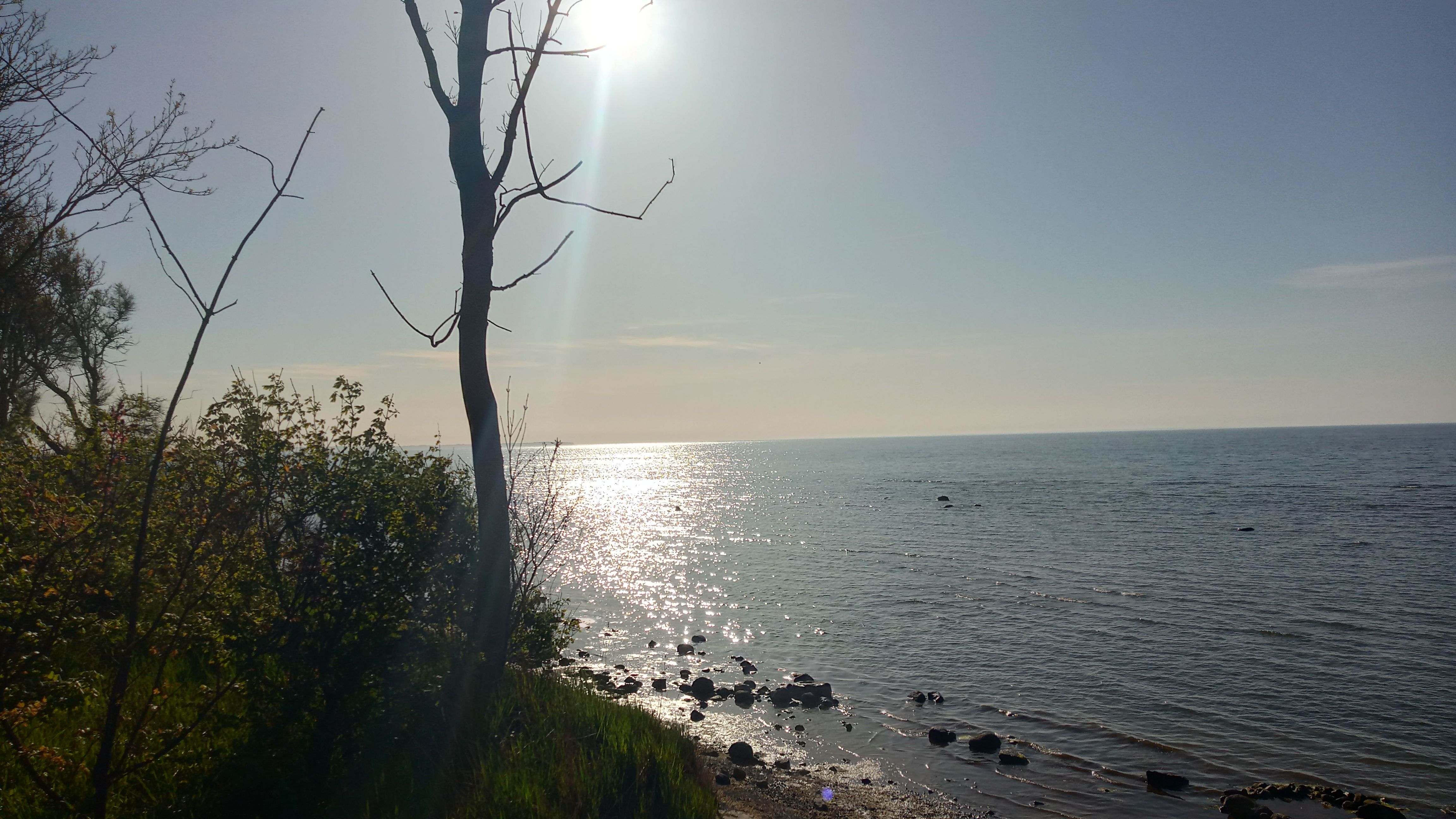
 1·6 months ago
1·6 months ago@jlow this is a lovely south-south cooperation indeed :)
i felt reminded of the mid/late 2000s, when luke douglas rae painted all over honiara airport in solomons, and when his rival john to’o would go all the way to bandung (indonesia), writing and playing music there everyday, and he also painted great murals, fusing pacific and indonesian motives > the world needs more of this! kudos to gonzalo aldana from mexico :)

 2·6 months ago
2·6 months agofrom the article:
40 percent of the 33 seats in parliament have changed hands as a result of the November 20 national election.
Among high-profile incumbents losing re-election bids were fisheries and climate Minister John Silk, a 24-year parliament veteran who has been in the cabinet of multiple administrations, and Speaker Kenneth Kedi, who has been an outspoken advocate for justice for nuclear test-affected people of Rongelap, his home atoll, and the entire Marshall Islands.
Voting data provided by the electoral office shows extremely low voter turnout, based on the number of registered voters.
There is no way to determine if the number of voters listed on the Electoral Administrations eligible list of voters is accurate. But based on the available data, only 33 percent - 17,998 - turned out to vote of the 55,167 registered voters.
The postal absentee ballots were particularly problematic. With nearly half the Marshall Islands population now residing in the United States, postal absentee voters could have a major impact on the outcome of national elections. As a result of only a few ballots arriving in time to be counted, only one parliament race was changed by offshore voters.
The Electoral Administration mailed out 3,752 postal ballots to voters - over 1,600 less than one week before the deadline for voters to mail them back to the Marshall Islands - and only 1,469 returned before the December 4 deadline. But only 1,117 postal absentee ballots - 30 percent of those mailed out - were ultimately accepted and counted.

 1·6 months ago
1·6 months agofrom the article:
The proposed Constitutional change directly concerns New Caledonia’s sensitive issue of the electoral roll, which had been “frozen” since 2007, as prescribed by the autonomy Nouméa Accord signed in 1998.
The Accord saw fit to disqualify French citizens who had not resided in New Caledonia before 1998, in a move that, at the time, was seen as a step to ensure indigenous Kanaks were not at risk of becoming a minority in their own country.
The French government’s draft Constitutional bill is described as restoring the universal voting rights of French citizens, especially with regards to local elections such as the election of members of the Congress (territorial parliament) as well as the three provincial assemblies.
It is believed that due to the previous restrictions, some 20,000 French citizens (most non-Kanaks) residing in New Caledonia are being denied their voting rights for these local elections.
The Paris government was also invoking France’s adherence to world-recognised democratic universal rights as enshrined in its Constitution.
France has attempted, for the past year, to get all of New Caledonia’s local political parties to come to the discussing table and come up with a new agreement on New Caledonia’s political future after the Nouméa Accord, signed in 1998, is now regarded as having expired.
But to date, despite several attempts on the part of the French government and five trips by French Home Affairs and Overseas minister Gérald Darmanin, one component of the pro-independence FLNKS umbrella, the Union Calédonienne (UC), even though it has participated in discussions at some level, is still refusing to join inclusive talks.
One of the main figures in the pro-French part of the political spectrum, Sonia Backès (head of the “Les Loyalists” party) said the French constitutional reform plan was “very good news”.
“This means New Caledonia will go from a transitional to a permanent status in the French Constitution”, she said.
But she regretted that a minimum of ten years (“too long”, she said) was now to become the rule to become an eligible voter.
On the side of the pro-independence FLNKS front, its current “animator”, Victor Tutugoro (who also leads the moderate pro-independence Union of Melanesian Parties -UPM-, one of the members of FLNKS), said he was “not surprised” but that his priority was now to find a “local agreement” between “local political stakeholders” which could be a successor to the Nouméa Accord.
He however expressed doubts on whether the Constitutional Amendment will get sufficient support in the French Congress (three-fifths of the votes are required).
“Things are a bit difficult if you look at the concept of government majority. Will the French government muster enough support? We don’t know.”
#newCaledonia #france #pasifika #colonialism #constitution #elections #independence

 4·6 months ago
4·6 months agofrom the article:
The reporters found 1,482 areas in the Apurinã Indigenous land registered as NFTs, which are digital certificates of ownership of unique (non-fungible) assets such as works of art, collectibles or properties. In this case, buyers make virtual purchases of plots in the territory, which they can sell to others anytime. It works like a stock exchange. NFT prices vary according to the prices of encrypted virtual money — cryptocurrencies — and the value of the environmental asset that is supposed to be contributing to preserve the forest. At least 665 clients purchased forest land plots and continue trading them as NFTs on specialized platforms.
According to Nemus, NFT holders can navigate the area they acquired and detect wildlife or environmental threats, monitoring and auditing the conservation of the area.
Nemus’ businesses are associated with European investors and ASF BRAZIL LTD, a London-based holding company founded by Italian businessman Maurizio Totta. In Brazil, Totta is a partner of Pedro Ruhs da Silva and Flávio Meira Penna, who appear as owners of Nemus and other companies in partnership with ASF. The group’s main investments in the Amazon are focused on timber extraction, with the recovery of bankrupt or indebted companies.
In an interview on American TV in the Break It Down Show, Nemus’ founder Meira Penna said the Indigenous people “are sort of like squatters” in the areas acquired by Nemus, but he stated that “they’ll live there forever” and “they will jump to the digital world very quickly.”
In the video, which can be seen in full on YouTube, the businessman details his NFT project in the area claimed by the Indigenous people. The deal is meant to raise up to $5 million, with NFTs selling for $150-$51,000. With that money, Nemus would buy more areas in the region to launch more NFTs, as explained in the video.
In addition to Manasa, Meira Penna also acquired a timber company, Laminados Triunfo, in Acre state and exported the product to the U.S. In April, the company was the target of a “timber laundering” investigation by the Brazilian Institute of the Environment and Renewable Natural Resources (IBAMA).
ILO Convention 169 provides for the right to consultation on any project that interferes with Indigenous lands. Regardless of whether or not the territory has already been officially recognized, the entire recognized Indigenous community must be aware of what is being proposed and has the right to approve the project or not. The matter must be discussed internally by the Indigenous people, with the adoption of a consultation protocol that allows everyone in the territory to have access to information about the projects.
To the Prosecution Service, Nemus said the property was not on “actually demarcated Indigenous land,” and therefore the company’s understanding was that “no article of ILO 169 convention on consultation applies.”
In the same document from August 2022, Nemus said it was not yet developing economic activities in the area. However, at the time, the company had already launched its NFTs on the market, for which sales began in March 2022.
#amazonas #brazil #nft #indigenous #indigenousRights #landgrab #colonialism
@itsaj26744
misskey and its cutlery set of forks all have rss support > among them, rss support of firefish and iceshrimp could easily be labeled “rss eye candy of the fediverse”rss feeds on the *keys follow the model:
https://instance.name/@user.rssatom feeds are also available:
https://instance.name/@user.atom

 1·6 months ago
1·6 months agofrom the article:
Surfing’s world governing body has said it opposes construction of a controversial new judges’ tower for the 2024 Olympics event in Tahiti which has sparked a backlash from locals and environmentalists over fears it could irreparably damage the local coral reef.
“The International Surfing Association (ISA) will not support the construction of the new aluminum judges’ tower at Teahupo’o,” the body said in a statement, a week after construction began.
In a bid to reduce the environmental impact and appease locals some, changes have been made to the original plan proposed by Olympic organisers. The new design is smaller and does not include flushing toilets or an underground water network. Instead, judges will have to return to the main island to use the toilet, and portable drinking fountains will be used for water.
Teahupo’o is a small coastal community and much of the lagoon and land area are protected natural heritage areas. Aside from its wave, the area is known for its pristine environment.
The controversy surrounding the new tower has gained momentum since the first peaceful protest against it in Teahupo’o in October, which attracted about 500 people from around Tahiti.
Since then, over 200,000 people have signed an online petition to stop the tower and prominent surfers including Kelly Slater and Carissa Moore have lent their support. Surfers in France also organised a protest on Sunday, swimming out off the beach at Guéthary on the Atlantic coast.
#tahiti #pasifika #france #olympics #environmentalism #colonialism

 1·6 months ago
1·6 months agofrom the article:
“The way in which the government got around the need to have compensation agreements in place before the issue of a special mining lease was to pass a piece of legislation, which basically said, ‘look, the existing compensation agreements before the closure of the mine will allow us to continue in the interim, while New compensation agreements are relocated’.”
A Papua New Guinea academic, who grew up in Porgera in the early years of the mine, Andrew Anton Mako, has called for structures to be put in place to ensure returns from the re-opened mine are not wasted.
The Australian National University staffer has written about what he calls the blessings and the curse the mine brought back in the 1990s.
He said with a bigger stake he hopes the community doesn’t squander the money. “In the past it was only 2.5 percent of the mine equity stake,” Mako said.
"Now the landowners have been given ten percent, free carry, by the government. So, it will be a lot of money. It is estimated around 25 billion kina. That’s a lot of money for the next 20 years.
“So even though the proceeds will increase, the main issue is in the governance, the use of that money, whether it will be used productively to improve the lives of the people or whether it will be used mostly on consumption.”
Mako also wants some focus on what happens when the mine stops producing in 20 years or so.
@Chozo
this is the english machine translation of naskya’s post:Even if you ask me when the next version will be out, I don’t know.
one week ago, naskya stated in another post:
Firefish v1.0.5 を出すために必要にゃ雑用は 2 日くらい前に睡眠時間を捧げてほとんど片付けたのであとは Kainoa さん次第です
english machine translation:
I devoted my sleep time to do most of the chores needed to release Firefish v1.0.5 about 2 days ago, so the rest is up to Kainoa.
source: https://post.naskya.net/notes/9n8d2h0qq12bdzm1 #firefish

 1·7 months ago
1·7 months ago@maegul
when i saw all that happening, i was sure that firefish won’t swim, but die soon > the rebranding happened behind closed doors, only to claim that ff was a community project > then, april got kicked out of the dev team, and there was no one else at firefish anymore to do serious backend work > firefish felt like a sect, consumed by its own hype

 1·7 months ago
1·7 months ago@Kierunkowy74
i use hajkey and iceshrimp, too > but i am not drawn to mastodon clients because they do not offer many *keys features > for the time being, i stick to the pwa

 1·7 months ago
1·7 months ago@Kierunkowy74
i thought that the iceshrimp devs had rewritten their mastodon api compatibility layer, and that iceshrimp works fine with masto clients … it doesn’t?

 3·7 months ago
3·7 months ago@Amelia
all the *keys can communicate with lemmy as long as the lemmy post is not a link type post, and firefish users can take advantage of this rather rare event to chat with lemmy and kbin users, too

 2·7 months ago
2·7 months agofrom the article:
Māori health advocates are leading a bid to the Waitangi Tribunal to stop government plans to disestablish Te Aka Whai Ora, the Māori Health Authority.
The government plans to disestablish the authority in its first 100 days.
Lady Tureiti Moxon and the head of a Māori primary health organisation, Janice Kuka, have made a request for an urgent hearing regarding the government’s plans on 8 December.A Waitangi Tribunal document published on Thursday said they were making the request on behalf of governors, managers, staff and Māori cared for by Māori-owned primary health organisations.
Judge Damian Stone is considering the request and has given the Crown until the end of Monday to reply.The Māori health authority was set up last year under health reforms, with the aim of giving Māori a greater say in their own healthcare and ending poorer health statistics.
Their Statement of Claim, lodged with the Tribunal, said disestablishing the authority would prejudicially affect Māori and force Māori health providers to continue operating in an overstretched and underfunded capacity.
There would no longer be a Māori body which aimed to create services to achieve the best possible health outcomes for Māori and promote Māori health.
They pointed out historic underfunding by the crown for Māori health providers and primary health organisations (umbrella groups comprising GP practices and other community health services).
The Crown was supposed to work with Māori to change that, but had not, they said.
Abolishing the authority would be inconsistent with the Treaty principles of tino rangatiratanga, partnership and equity, the claim said.

 4·7 months ago
4·7 months ago@maegul
it’s sad to see that, and all of it was foreseeable in april 2023 already …
The solution, however, is not to reduce the number of instances, but rather to provide more tools for instances to group communities together.
kbin collections are grouping together communities, but unfortunately, collections themselves do not federate
@gicagaf805

 4·7 months ago
4·7 months ago@YugiohMaster88
not at all tbhwhen firefish was still calckey, it was a thing > but for a variety of reasons, the project came to a standstill, and two other misskey forks took the lead: iceshrimp and sharkey > as strange as it seems, firefish has already become some kind of legacy ware
moreover, the *keys have federation issues, especially when it comes to lemmy, but kbin is also heavily affected
@hellfire103

 3·7 months ago
3·7 months ago@Masimatutu
i agree, and i also recommend friendica!

 21·7 months ago
21·7 months ago@skullgiver
when it comes to creativity, mastodon ui is a pre-emptive strike against creativity > vanilla mastodon does not support emoji reactions, and damn!!! mastodon ui hides that there are other platforms on the fedi than mastodon > mastodon is perfectly fine for all those who want to see mastodon content, and nothing else > creativity? no! creativity starts with openness, and mastodon surely has a rather isolating approach@feditips @fediverse @FediFollows @mention @masimatutu @HamSwagwich
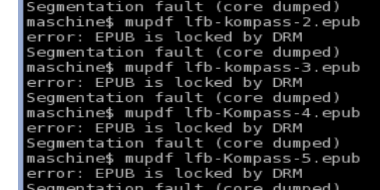










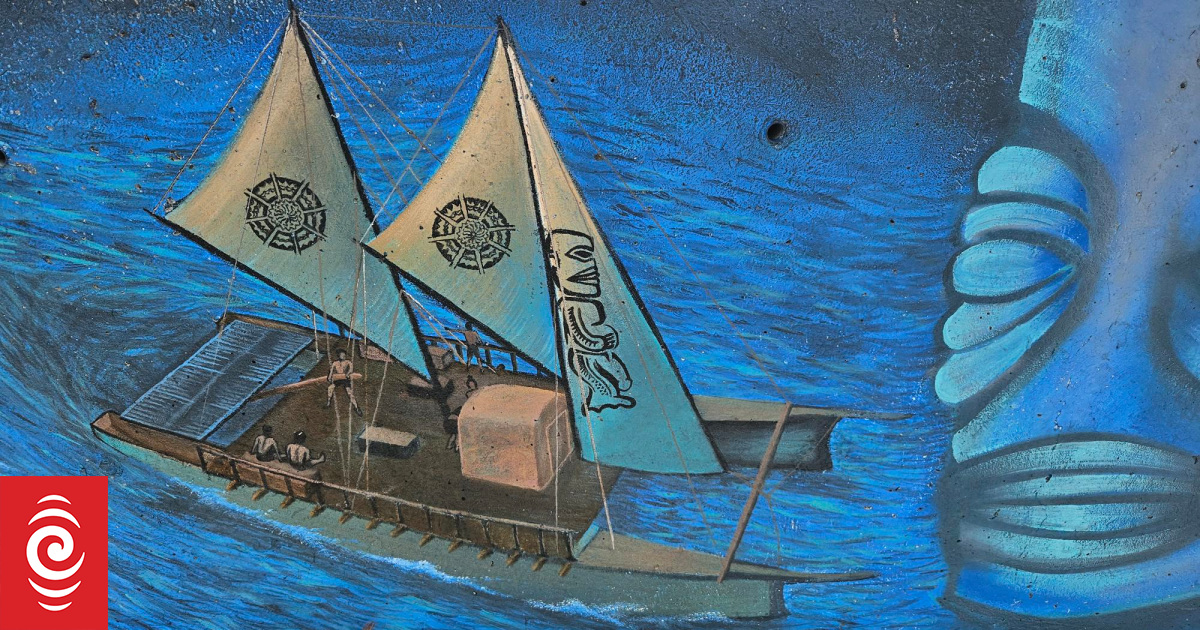
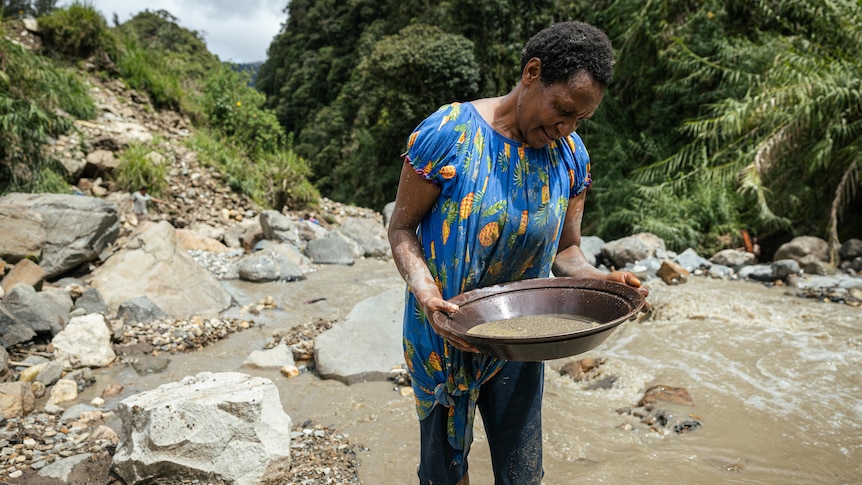
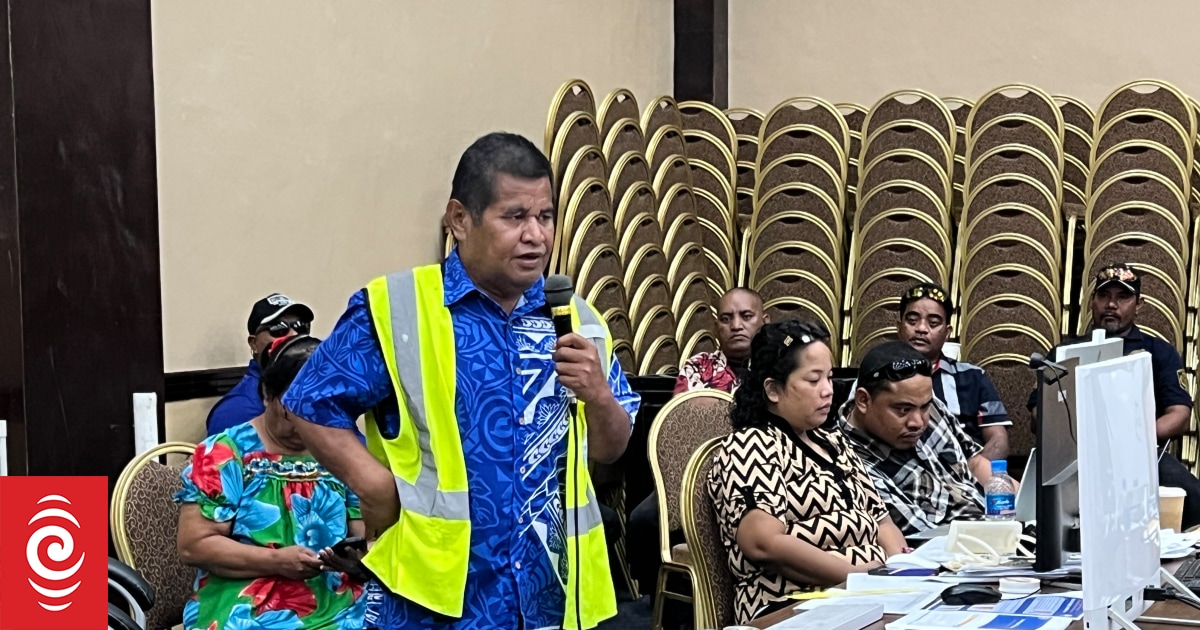

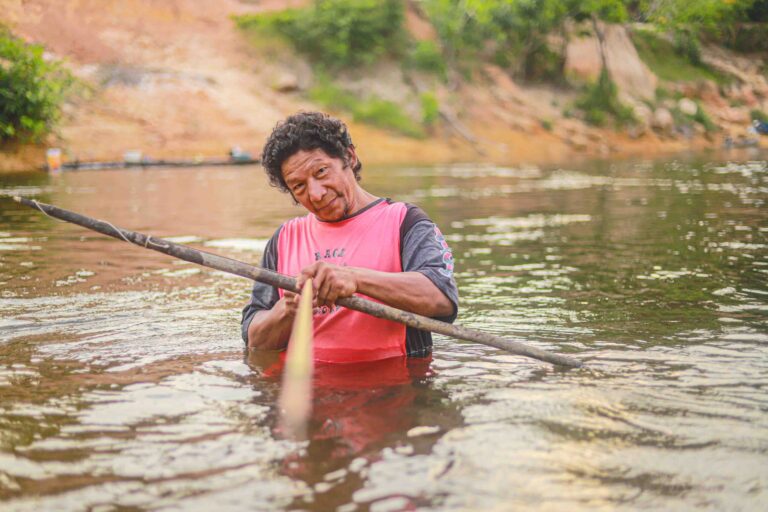

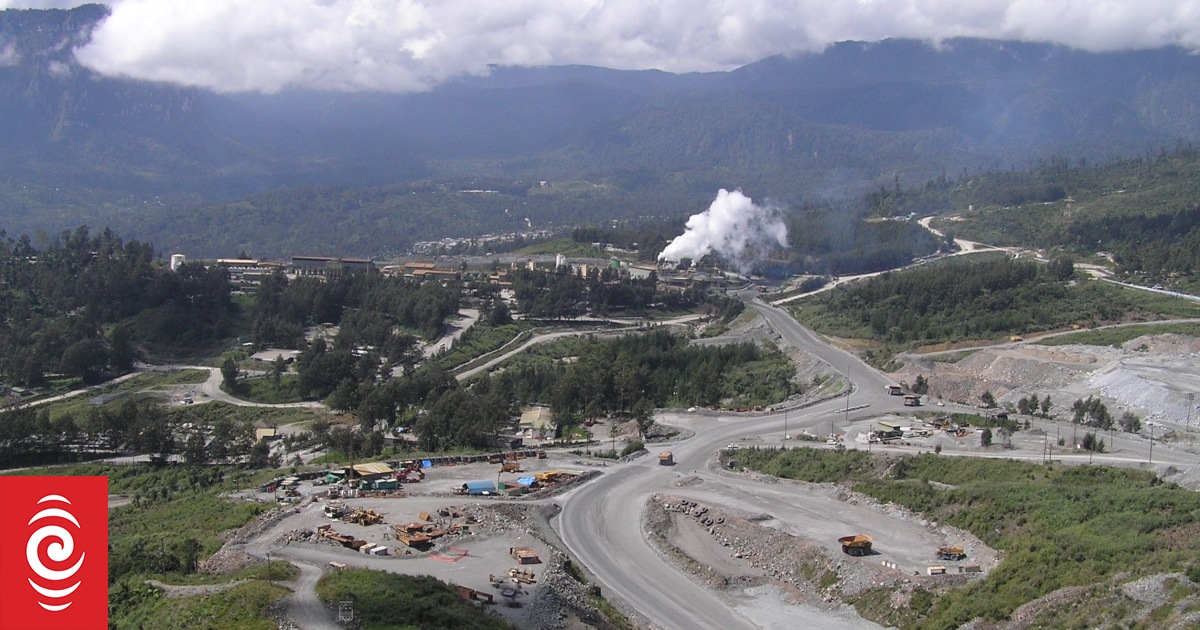

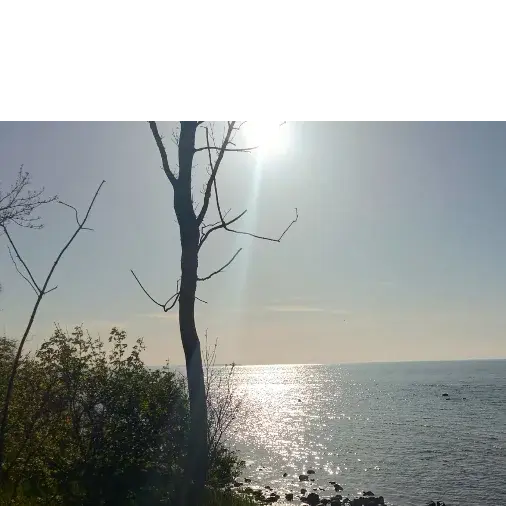



from the article:
"They are currently at parliament right now. I think somebody is addressing them, I’m not sure to sure whom as I’ve just seen the videos.
#png #papuanewguinea #pasifika #unrest #wages